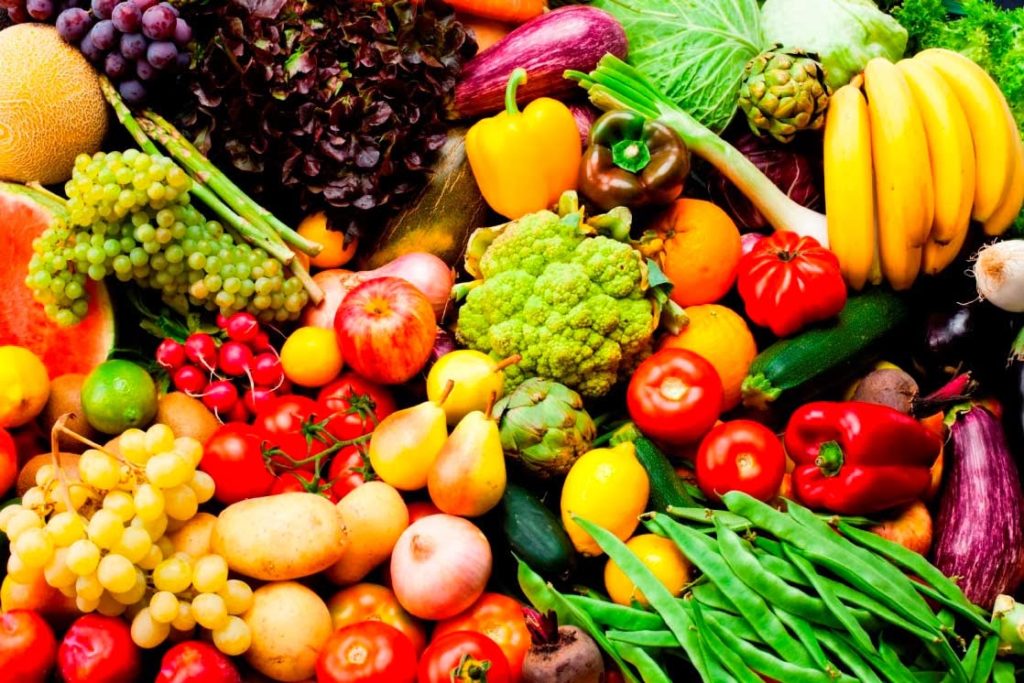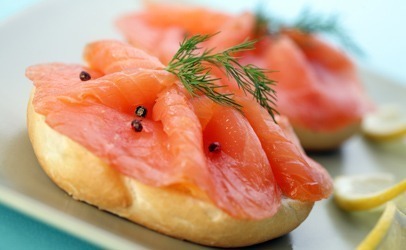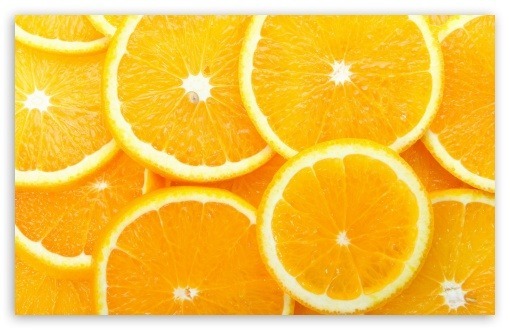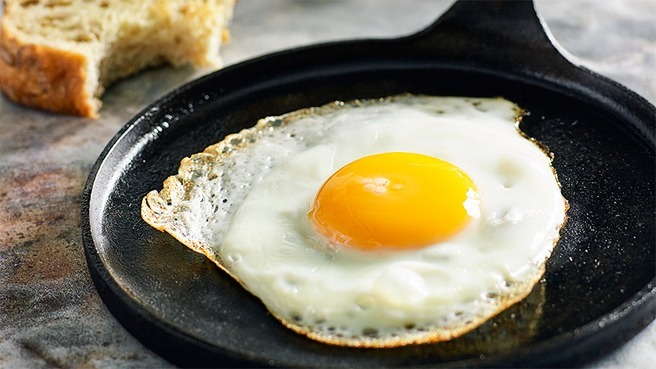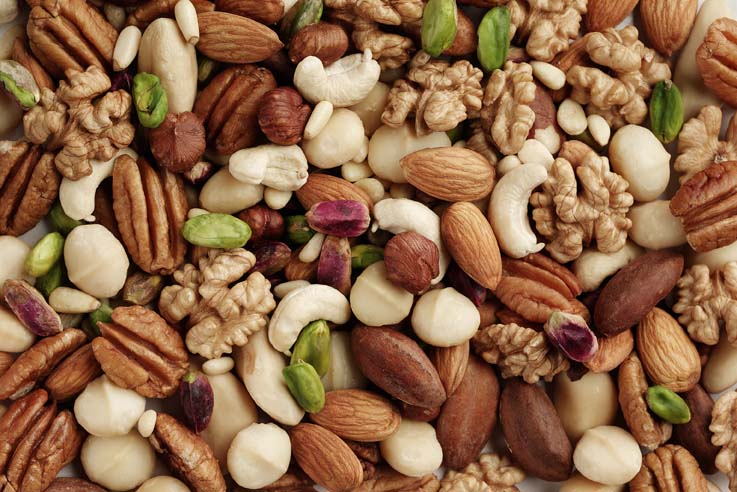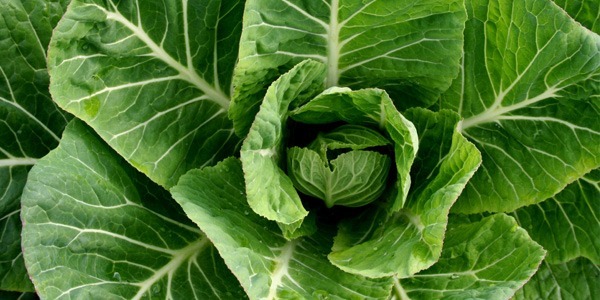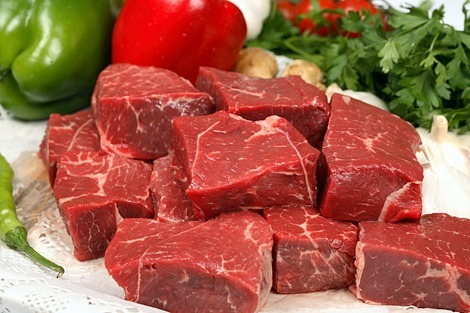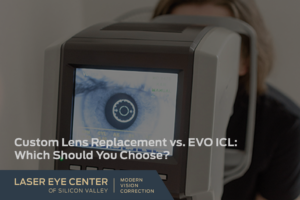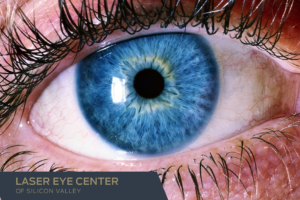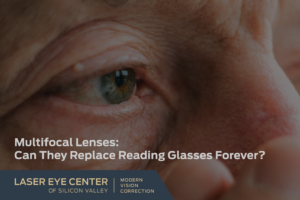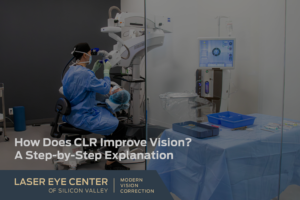The following post was inspired by Dr Bindi, who is an avid runner, walker and longevity enthusiast. He enjoys eating the Mediterranean way (part of his Italian heritage!) and found this post helpful for anyone wanting to know how diet can help vision:
It is important to eat healthy for a number of reasons. And while the majority of Americans adjust their diet to take care of their heart, their skin or their muscle tone, few take into account what they need to eat for healthy eyes.
This is unfortunate, because eating right can prolong healthy vision, and slow the onset of many natural eye conditions such as cataracts and age-related macular degeneration.
I could go through a list of the specific vitamins and nutrients essential to eye health, but that would take quite a while. How about a simple list of 10 foods to eat for healthy eyes?
Whole Grains
Whole Grains are good for your eyes, because they have a low glycemic index as opposed to other common types of carbs (white rice, pasta, processed bread). Eat foods like quinoa, brown rice and whole wheat and oats to protect your eyes. Whole grains also contain Vitamin E, Zinc and Niacin.
Fish
Fish are one of the best foods for eye health, because they are rich in omega-3 fatty acids. These acids help protect against dry eyes, cataracts, AMD and more. They are also lower in fat than most other meat, which is always a dieting plus!
Citrus Fruits
For good vision, you need Vitamin C. And nothing contains Vitamin C like oranges, grapefruits, limes, lemons and berries. Of course, you can get most of this through standard multivitamins, but why not eat some fruit instead?
Eggs
Eggs are rich in the proteins that are essential for eye health and basic functions. They contain lutein and Vitamin A, protect against dry eye syndrome, and can even improve your night vision. The only thing to beware of is the fat contained in eating too many yolks.
Nuts
Almost all kinds of nuts are good for eye health. Nuts contain a number of omega-3 fatty acids, as well as a healthy dose of vitamin E. Don’t hesitate to mix nuts into a salad with the right kinds of vegetables. Which brings me to my next point.
Leafy Greens
Leafy greens contain important pigments and anti-oxidants that slow the natural aging of your eyes. Vegetables like spinach and kale contain lutein and zeaxanthin, which prevent the development of cataracts and AMD. Broccoli, avocados and peas are good sources as well.
Legumes
Legumes are essentially beans, and in addition to containing quality proteins for general health, they protect your retina and boost your eye health past middle age. Kidney beans and lentils contain a healthy dose of bioflavonoids and zinc. Everything the healthy eye needs.
Sunflower Seeds
Sunflower seeds are a delicious snack. Which is a good thing, because they provide a strong source of the vitamin E and zinc that is needed for quality eye nutrition.
Beef
Most surprisingly, lean beef contains high concentration of the zinc that is needed to break down high doses of vitamin A. A measured amount of lean beef can actually help reduce the risk of AMD significantly.
Carrots
Yes, carrots will help keep your eyes healthy. Though they are hardly alone in doing so. Carrots are extremely healthy for the eyes because they contain Vitamin A, Vitamin C AND carotenoids, which reduce the risk of many common eye diseases. But there are other vegetables with equally miraculous eye health properties, including tomatoes, bell peppers, pumpkins and corn.

